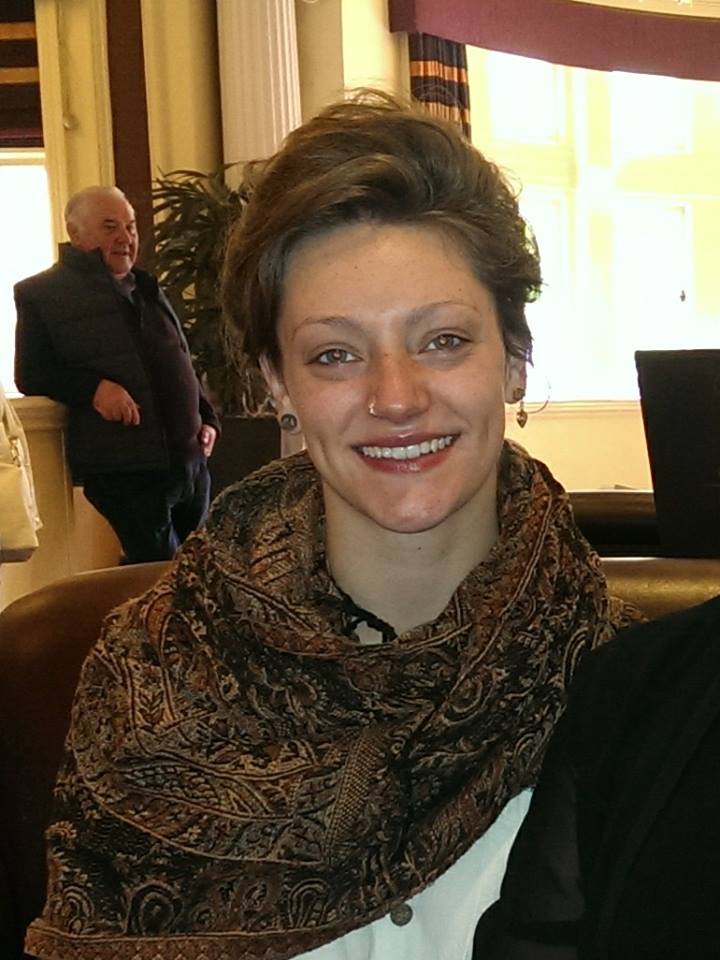Livvy Hooper continues her look at the University of Greenwich’s brightest talents; focussing her spotlight on undergraduate poets who featured in the end of year exhibition and reading; these are the ones to watch.
Over the coming weeks I’ll be getting to know some of the best poets from the University of Greenwich’s Creative Writing poetry programmes, with interviews and excerpts from their debut poetry collections. The majority of these poets have recently finished their studies and are looking to careers in the arts, so I’ll be putting them under the microscope to find out what makes them tick, how they tock, and just why we should be keeping our eye on them.
SPOTLIGHT: JAZZ LINKLATER
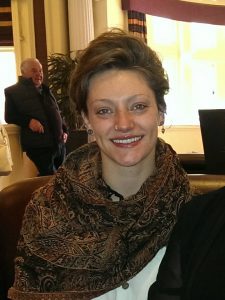
Tell us a bit about yourself – what makes Jazz, Jazz?
I’m Jazz. Jazmine Jade Hannah Linklater. Original Yorkshire lass, teetering on the edge of twenty-two years young. The truest line I ever read would easily be from Josip Novakovich: “to be a good writer, you must have the paradoxical trait of being a gregarious loner”. That’s probably most of us all over. My friends laugh at me for being a hippy but as most creative people will agree, we feel things so acutely that I always put my free spiritedness first.
How did you ‘get into’ poetry?
At Art School I was enrolled on a Fine Art Painting course, and the fact that I did not paint was not a problem; my practice was based in language, taking extant text and reframing, repeating and re-contextualising it to create something new. Massively inspired by the publishing imprint Information as Material, collectives such as Oulipo and concrete poets like Dom Sylvester Houédard, both my days and my art were entrenched in language. Out of nowhere I was writing, inserting my own lines into appropriated texts and straying further from plagiarising and towards creating. Coming across one of Kate Tempest’s visceral online readings was the trigger that I needed to allow myself to let go of the rigid constraints I had put on my creative practice, and allow my mind to flow more freely onto the page.

How does your previous interaction and experience with the art world feed into your poetry, if at all?
My education in Fine Art taught me the importance of the visual. A poem’s aesthetic has the ability to alter or entrench its inherent meaning, and it may be received differently through hearing an audio recording or seeing a live reading by the poet; for me, this is the beauty of poetry.
Why the change to a creative writing course?
The difficulty was my peers and tutors at Wimbledon were specialising in aesthetic and conceptual artistic practices – there was no opportunity for analytical literary critique. Having never studied English or Literature any further than GCSE, some thought my intention to move into the writing world was insanity. Yet following this deep-seated alteration in my creative output has proved the most fruitful decision I could have made.
Having studied art and now creative writing, you’re clearly a highly creative person – what is it about poetry that works so well as a creative output for you?
I feel that language is the most important medium we have; we do everything through language and therefore it has the capability to be everything. I believe that a line of text – from an infinite array of locations – has much more power to linger in the mind than an image or an instance does. What poetry does is allow for the exploration of ideas, images, emotions, and intentions, while also granting language an existence as a malleable, moveable substance.
Where do you find your inspiration when writing – what gets your poetic brain-cells firing?
Basically anything can inspire me – which means I go through periods where either everything does or nothing does. I try to spend my time with people that inspire me; all my flatmates are beautiful, creative people. London as a place has also fed my spirit more than I would ever have imagined before coming: obviously the incredible availability of galleries, theatres, music venues and festivals is something I try to make as much use of as possible, yet what I find speaks to me the most are simply the streets of London. People fascinate me, which is why I love to take the bus – my favourite moment is often crossing Waterloo Bridge at night, when the river is lit up and I am heading back South. Sometimes I like to take the tube; it’s bizarre how people act on the underground, pretending they are alone in full, bustling carriages. I like to try to make eye contact with people on trains: weirdly, it has never gotten me into trouble – they just like to pretend it’s not happening at all.
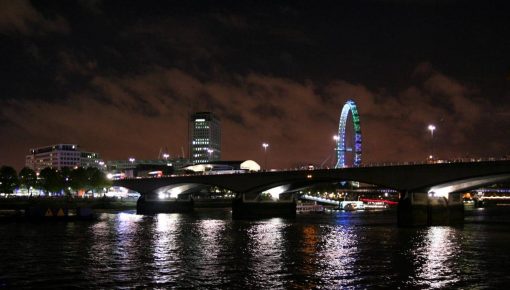
Who or what are your biggest influences?
My biggest influences are my peers – seeing young people producing work so passionately and having similar thoughts and ideas, yet resulting in such differing outputs is what keeps me going. I owe most of my inspiration to the Internet; through social media we get an insight into the minds and the creative practices of millions of people, and a platform for our own work. We can almost be a part of the progress of young artists such as Gabby Bess and Jennifer Chan.
What’s it like studying in the beautiful grounds of the Royal Naval College?
I cannot believe the grounds of the Royal Naval College are where I go to school – on my first day I came across an ancient wooden bowling alley underneath one of the main hall; it’s Hogwarts, I’m telling you. I adore the people you see everyday, the tourists taking photos, the weddings coming out onto the steps, all offset by us dirty students sloping along to our lectures. Whenever I feel sad I go to the painted hall and just sit, or walk up through the park to Blackheath and trail around in the wind feeling like Cathy and loving the fact that I can be still be around nature so easily.
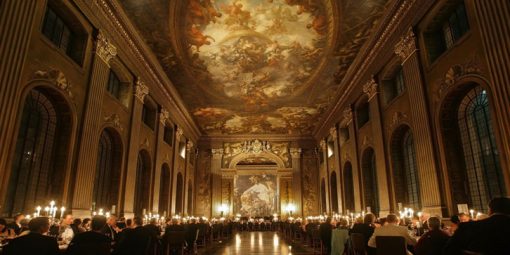
So you’ve seen and heard a lot of the work by the departing 3rd years now – what do you make of them and their work?
I can’t say enough about the inspiration that the third years have provided for me. The work that has come out of their dedication and drive this year is incredible; both gratifying and terrifying! There is a hell of a lot of talent coming out of Greenwich this year, that has been honed to create incredibly skilful and insightful poets that hope to be seeing in years to come. On an honest note, it also petrifies me; I certainly hope we can fill your boots come September!
What are your plans for university and after – what do you want to do?
As much as I love London, it is full of distractions and it’s so easy to allow yourself to get swept along by the undercurrent. After uni I’m planning on moving to Spain, for a little period of isolation to get back in touch with myself.
What’s the biggest thing you’ve learnt during your time university so far?
The most important thing I’ve learnt so far is to do. Just do it (not like nike; like life). If you just get on with it then nothing is a problem.
What one piece of advice would you give to any would-be poet?
To anyone who ever wants to do anything: forget about your online presence and the literary or artistic world you are hoping to one day break into; forget about paying the rent or anything else you feel you ought to do – obligations are myths, you are only obliged to yourself – and get on with your work. If you’re passionate, it will reward you.
Where can we see/hear you in action next?
I have a mini book available – On a Confused State of Being – which is part of an incredible project curated by Kenneth Goldsmith and Hans Ulrich Obrist in which they published work by young artists born in or after 1989. You can read them all online, or the traditional bibliophiles can buy a hardcopy.
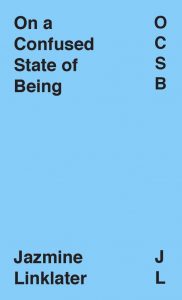
- Buy a copy of the book here
- Twitter: @jjhlinklater
- Tumblr: jjhlinklater.tumblr.com
Some of the coverage you find on Cultured Vultures contains affiliate links, which provide us with small commissions based on purchases made from visiting our site.
